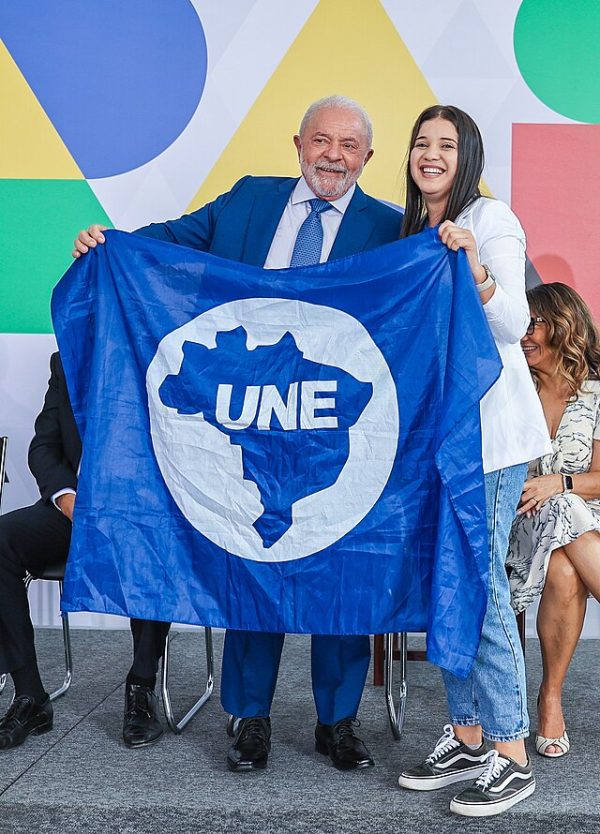Approaching 60 days, the strike by the faculty of public federal universities (UFs) and federal high school institutes (IFs) in Brazil merits attention for its resilience and scope. In Congress, far-right deputies attempt to capitalize on workers’ discontent, betting on the current government’s deterioration. On the left, especially among PSOL (Socialism and Liberty Party) members, but also among Workers’ Party (PT) members and others, deputies and senators genuinely committed to public education and universities strive to ensure negotiations continue and a solution is found.
Strikes undoubtedly cause disruptions, but both faculty and technical-administrative staff (TEAs) understand that it is worse to continue working under the deteriorating conditions of universities, which have been subjected to years of defunding and wage suppression by the Temer and Bolsonaro administrations. They must be seen to be believed. Currently, of the 69 existing federal universities, 57 have faculty on strike, 69 have TEAs on strike, and all 78 federal institutes have both professors and staff on strike.
During the 2015 strike, Carlos Alberto Sardemberg, a columnist for the Globo newspaper and a member of the Instituto Millenium, suggested that the primary culprits for the destruction of federal universities were the “professors, staff, and students who promote long strikes every year.” Nine years after the last strike, there is no record of this neoliberal thinker publicly praising the role played by public universities during the pandemic, or in defending democracy, which was threatened by Bolsonarismo—an ideology supported by the Instituto Millenium in the elections of 2018.
With a new strike, Sardemberg has once again accused universities of inefficiency, and their workers of being “unpatriotic,” operating in an environment “dominated by militants.” As he did in 2015, Sardemberg attacks the workers, claiming they refuse to discuss “productivity gains, performance evaluation, and merit for career advancement,” once again showing that he has no understanding of how public universities function.
This neoliberal activist posing as a journalist further advocates for universities to sell “services, such as research or project development for companies,” to charge “fees to students who can afford to pay,” and even to impose charges “for parking spaces in the vast parking lots,” perhaps assuming that universities and shopping malls are similar.
Nine years ago, I wrote a column to refute Sardemberg’s flimsy arguments, and 20 days ago, I did the same in response to an editorial by the outlet that pays his salary. I did not intend to use this space to defend the public university again, but in light of the attacks and dishonest arguments put forth in Brazil’s most influential media outlet, I do so once more, because its workers, professors, and students deserve respect.
Carlos Zacarias de Sena Júnior is Professor of History at the Universidade Federal da Bahia, and author of Strategic Impasses: Communists, Antifascism, and Bourgeois Revolution in Brazil/Os impasses da estratêgia: Comunistas, o antifascismo e a revolução burguesa, 1936-1948 (Edufba, 2022 [2009]).
ZNetwork is funded solely through the generosity of its readers.
Donate